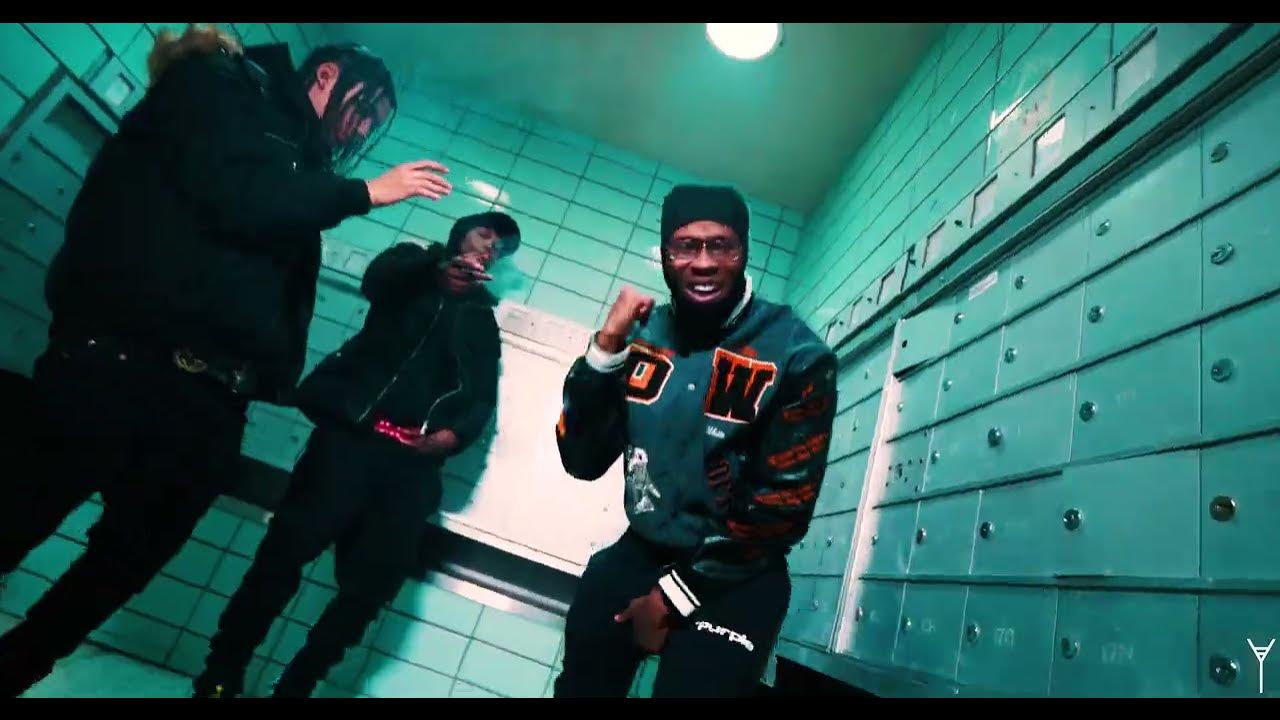Watch Now: Hot Woo Lotti Video!
Is the digital world always what it seems? The recent online buzz surrounding the "woo lotti video" highlights the complex intersection of privacy, consent, and the relentless pursuit of viral content.
The internet, a vast and often unforgiving landscape, can transform seemingly innocuous events into global sensations. The term "woo lotti video" has unexpectedly surfaced in online discussions, prompting a closer examination of the circumstances surrounding its appearance. While the specifics remain somewhat veiled, the attention it has garnered reveals a great deal about how we consume information, the speed at which it spreads, and the potential consequences for those caught in the digital spotlight.
Understanding the digital ecosystem requires navigating the currents of information, and sometimes, the sources are difficult to trace. The popularity of a keyword like "woo lotti video" often stems from a complex interplay of factors, including curiosity, the desire for connection, and, at times, a voyeuristic fascination with the lives of others. This is where the challenges begin. The spread of digital content often transcends the bounds of privacy. Furthermore, the very act of searching for a term can have unintended consequences, exposing individuals to content they may not have anticipated and contributing to the dissemination of potentially harmful material. Without proper moderation and filtering systems, the digital world can become a place where the boundaries of privacy are blurred.
The emergence of such topics frequently sparks debates about ethics, responsibility, and the role of social media platforms. The conversations that surround the "woo lotti video" are no exception, forcing us to examine the impact of our online behavior. Should platforms be held accountable for the content that circulates within their ecosystems? How can we protect individuals from the potential harms of online exposure? These critical questions are as pertinent today as they were with the rise of the internet, and it is essential to foster an open and informed discussion about them. The focus should be on protecting personal data.
In the absence of concrete details regarding the specific content associated with the term, it's difficult to perform a comprehensive analysis. However, the very existence of online interest, and the sheer volume of searches, suggests that a story, or at least the seeds of one, have been planted. A key element in analyzing such events is recognizing the need for critical thinking when encountering new information. It's important to approach these situations with a healthy degree of skepticism, verifying the source of the information, and evaluating the potential biases that may be present.
The discussion surrounding the "woo lotti video" is yet another reminder of the ever-changing relationship we have with the internet and digital media. Whether driven by curiosity, a desire for entertainment, or a fascination with scandal, the public's interest in these kinds of incidents reveals a deeper truth about human nature. It prompts us to look at our online habits and consider the impact our actions have on both ourselves and others.
The online world is a constant reminder of the speed with which information can spread. Whether that is a positive development or a negative one, the impact of viral content cannot be ignored. The circumstances surrounding the "woo lotti video" serve as a microcosm of the larger issues that define the digital age. It is a complex story, and the ethical questions raised by this event are only the beginning.
It is essential to highlight the importance of digital literacy, which is the ability to navigate the online world responsibly and intelligently. Digital literacy involves the ability to evaluate information critically, to protect one's privacy, and to understand the potential consequences of online actions. It is also important to develop a culture of consent in the digital age. This requires open conversations about online privacy and digital ethics, and the development of tools and regulations that protect individuals from harm.
For now, the "woo lotti video" remains an abstract concept, existing primarily within the realm of online conversation. However, the implications of this conversation are very real. The ability to be critical about online content, to value consent, and to foster a safe online environment is paramount. The conversation should not be about the content itself. It should center on the digital landscape, and how best to navigate it.
| Category | Details |
|---|---|
| Keyword | "woo lotti video" |
| Online Context | Debate of Online Privacy, digital ethics and safety |
| Ethical Considerations | Privacy, Consent, Digital Footprint, Misinformation |
| Relevant Themes | Online Behavior, Media Literacy, Social Responsibility |
| Impact | Highlights online security and privacy concerns. |
| Digital Literacy | Essential for critical evaluation of information and responsible online behavior. |
| Focus | Protecting Personal Data, fostering consent in digital age |
| Reference | Common Sense Media (For information on digital citizenship and related topics) |


